The March international break is a source of frustration for some football fans, a badly-timed interruption to a club campaign approaching its climax.
For their teams, though, these weeks usually represent a chance to take stock and, in some cases, step their recruitment strategies for the following season.
The wheels can be set in motion on some transfers, preliminary talks can begin and offers can even be made.
But how can clubs make plans in the current economic climate? It's hard to look to the future when the present is shrouded in uncertainty because of the coronavirus pandemic.
As Borussia Dortmund CEO Hans-Joachim Watzke recently told Sky Sport Germany, "I know the situation in the European leagues very well, and the clouds are getting darker instead of lighter."
Many top teams, therefore, find themselves caught between two stools, wondering whether they should they sit tight or starting making moves.
"I'm speaking with clubs that want to spend money on players in the summer," a top agent who operates mainly in France and the United Kingdom told Goal, "but they've got no visibility in terms of what they will be able to spend.
"They're still having conversations with players, trying to anticipate what will happen. And you have to do that; otherwise, you'll miss out on opportunities.
"But clubs are being very careful as they have no budget forecast for next season, or the season after that."
Consequently, the nature of this summer's transfer market is difficult to predict. The biggest clubs still want to sign the best players – but do they have the money to make it happen?
After all, even Europe's elite have been devastated by the financial crisis caused by the coronavirus pandemic.
 Getty Images
Getty Images
Manchester United, for example, remain a commercial colossus. At a time when many companies are shying away from investing in football, the Red Devils have managed to secure a new £235 million ($326m) shirt sponsorship deal with TeamViewer.
Manager Ole Gunnar Solskjaer would dearly love to sign a world-class centre-back, a prolific No.9 and an incisive right winger this summer, but the Norwegian recently told reporters: "We have to be realistic and responsible in the way we do our business both on and off the pitch. We have to look at the whole picture. Where can we spend the money? And how much is there?
"There are improvements to be made to the training ground and the stadium. We also have players in the academy that we can now maybe give opportunities to.
"All clubs in the world are going through the same situation. I think there’s just going to be less and less transfers happening in the world of football with all these changes."
There's no denying that some of the game's traditional heavyweights are in no position to flex their financial muscles this year.
Barcelona have become synonymous with massive summer transfers in recent seasons but their scattergun approach, coupled with the effects of the pandemic, have left them battling bankruptcy.
Consequently, their need to look to the academy for help is far greater than United's, with new president Joan Laporta left with little other option than to use La Masia as the foundation for his rebuilding project at Camp Nou.
Real Madrid, meanwhile, haven't spent a cent for the past two transfer windows. When Florentino Perez, the man behind the Galacticos era at the Santiago Bernabeu, is preaching prudence, one begins to fully comprehend the gravity of the economic situation.
So, what on Earth can we expect this summer?
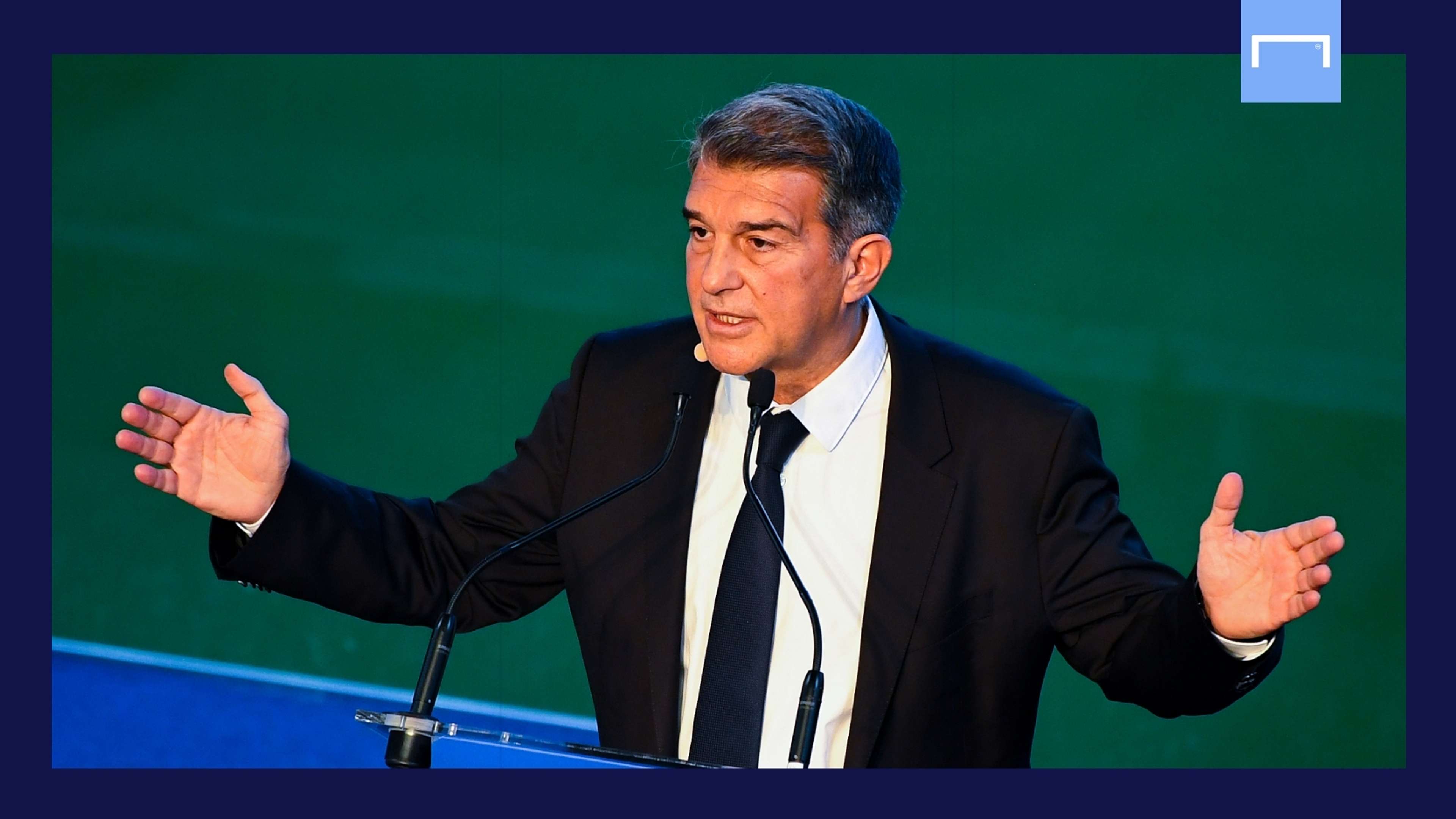 Getty/Goal
Getty/Goal
"I think it's going to be an active market, in terms of people looking for opportunities, but I don't think that will necessarily drive the headline figures we've seen previously," Tim Bridge of the Deloitte Football Money League tells Goal.
"I think we'll see a lot of swap deals, even if they might not be labelled as such. A lot of clubs are probably going to have to lose a player to bring one in.
"There are clearly some big-name players that would otherwise command a significant fee who could go for slightly smaller figures.
"The interesting thing is that I think clubs are going to have to be slightly more tactical in their approach to the transfer market. There's going to be a greater focus than ever before on making sure the right players are bought rather than taking what you can get to fill gaps in the squad."
In essence, even some of the game's richest clubs can no longer afford to make costly mistakes. Of course, not everyone will be quite so constricted.
Watzke argues that clubs like Paris Saint-Germain and Manchester City will have no cash-flow problems because they "are backed by entire states which find ways and means to pump in money".
The current economic climate represents an opportunity for those clubs and also for ones with wealthy benefactors, like Roman Abramovich's Chelsea.
The Blues spent big last summer but are nonetheless in the running to sign Erling Haaland, the most coveted centre-forward on the market today, because they know that they will face fewer competitors this year than next, when the pandemic will hopefully have subsided and the Norwegian's reported £67m ($92m) buy-out clause will come in effect.
Dortmund do not want to sell Haaland at the end of the season, though. If push came to shove, they would rather cash in on Jadon Sancho, who was wanted by Manchester United last year.
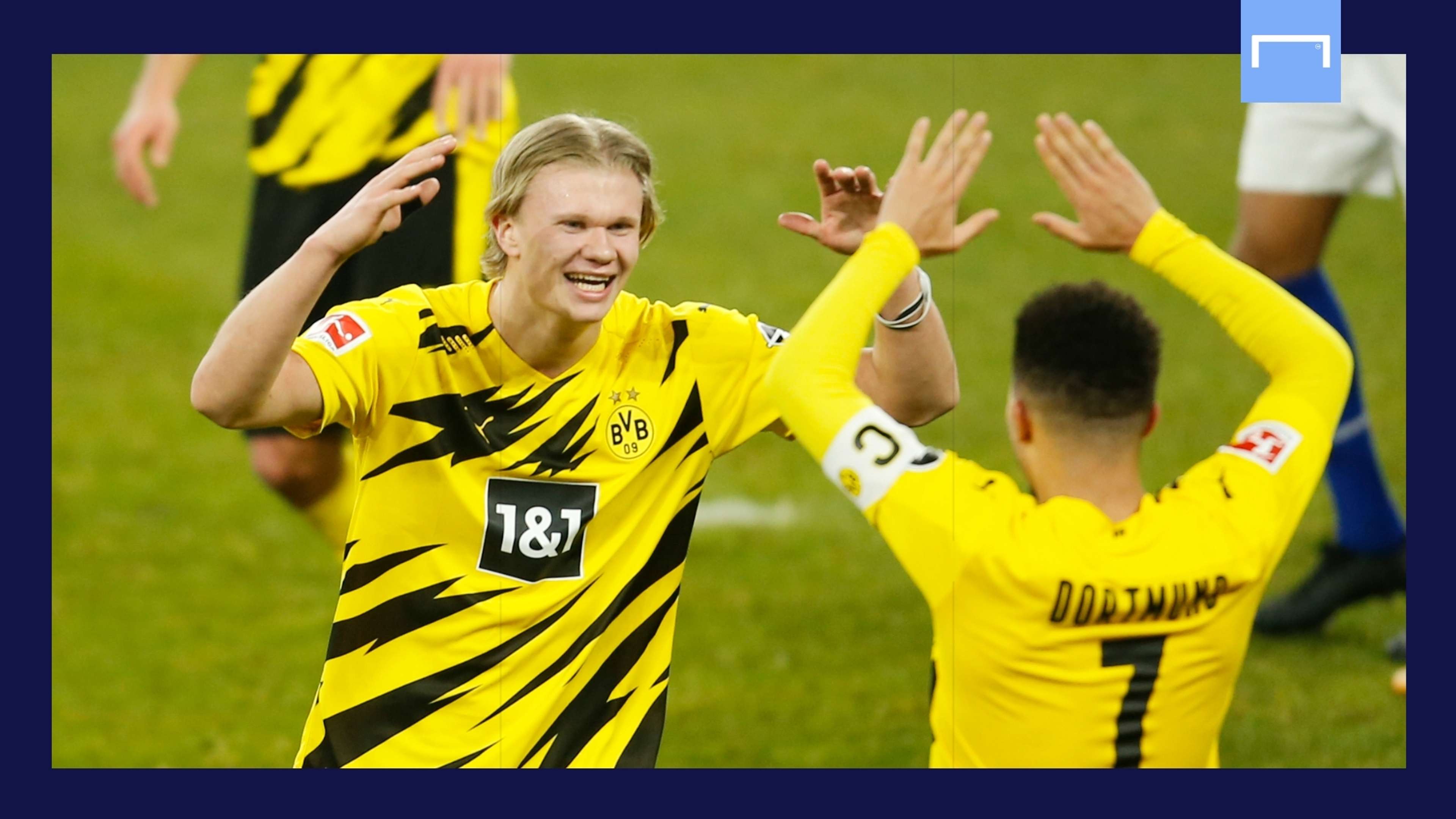 Getty/Goal
Getty/Goal
But even then, there could be issues. Dortmund refused to sell the England international for anything less than €120m (£108m/$142m) last August but the market has changed dramatically since then.
If fifth-placed BVB were to fail to finish in the top four of the Bundesliga, they may be forced to accept a smaller bid for Sancho in order to balance books already negatively impacted by playing in empty stadia for a year.
"Missing out on over €50m (£43m/$60m) a year in matchday revenue for the biggest clubs is a gap that many will have to fill," Bridge says. "And the easiest way to do that is sell a valuable asset.
"It all comes down to cash. Football is a simple business. It's about cash management and having it available at the appropriate points in time.
"Now, if a club sold a player for a fee two years ago, they may now be due a payment on that player now, meaning while it may look like their financial position is challenging, their cash position may be boosted because of the money that's due to come in from previous sales.
"So, it can get very nuanced at times but, fundamentally, it is a buyer's market right now. It's very advantageous for anyone that has the money, or can raise the money, to go out and try to sign top players."
Those struggling to make ends meet, though, will have to get creative, as Barca and Juventus did last summer by effectively swapping Arthur and Miralem Pjanic.
Both players were assigned hefty transfer fees and money spent on each signing helped to resolve budgetary shortfalls. Ultimately, the only money that changed hands was the estimated €10m (£8.6m/$12.5m) difference between the two prices.
So, the goal for many clubs this summer will be doing deals without spending too much money – at least not initially.
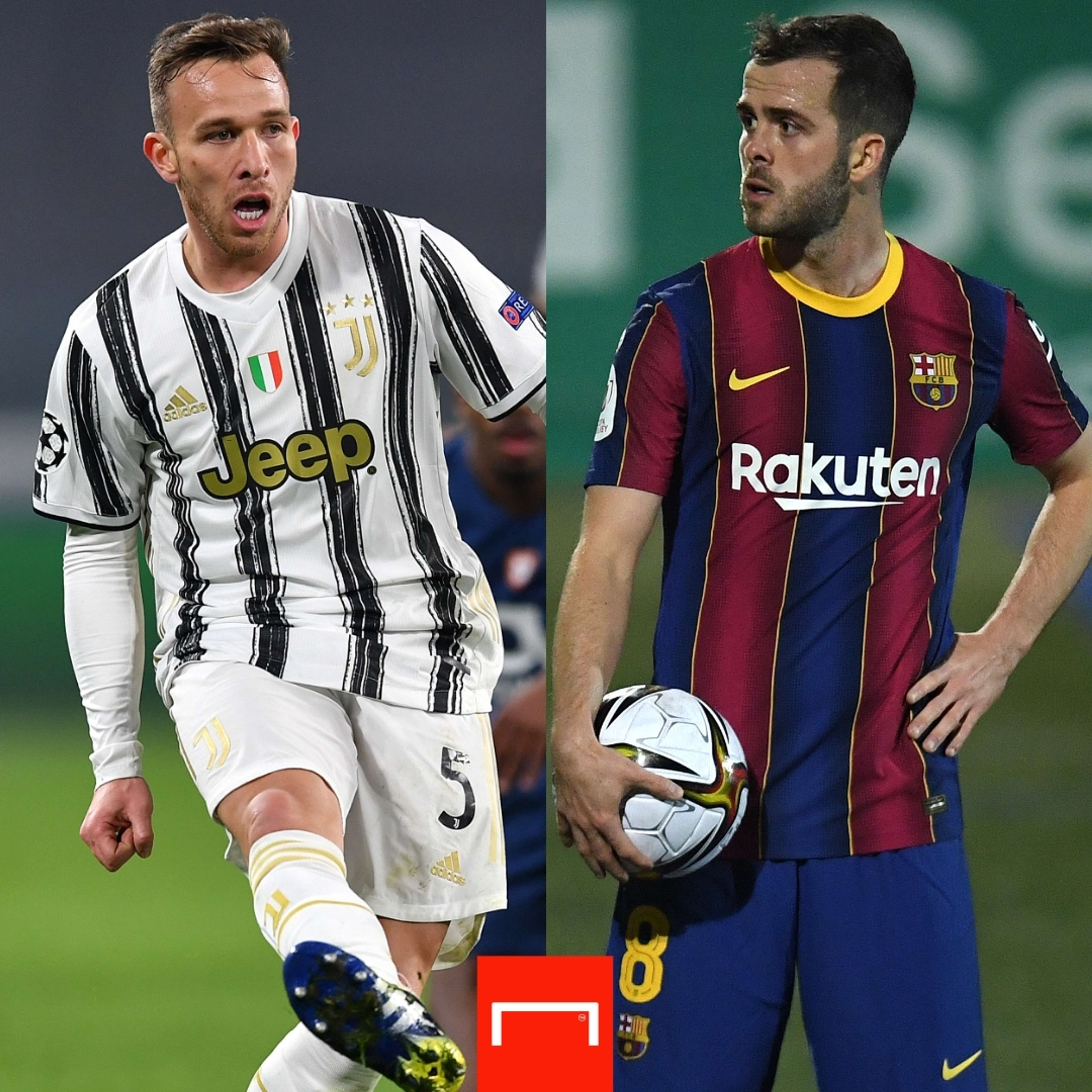 Getty/Goal
Getty/Goal
"We will definitely see a lot of swap deals this summer," says transfer market reporter Fabrizio Romano, "but I think we'll also have a lot of loans with an obligation to buy.
"The idea will be to avoid paying any money up front and/or paying over many years. This is a key part of the pandemic transfer market.
"We're used to these kinds of deals in Italy but I think in Spain and England it's something new. But this will be the key for everyone struggling with the economic crisis.
"Look at the Ozan Kabak situation. Schalke are struggling badly in the Bundesliga so they allowed him to join Liverpool in January on loan on deadline day and with no obligation to buy.
"And this is a player that they wanted €30m (£25m/$37.5m) for last summer but they accepted a loan because they're in financial trouble because of both the pandemic and the fact they're now facing relegation.
"So, this deal alone shows you how the market has changed because of the pandemic."
Ultimately, it all comes down to wages. That's where all of the cash is going. Remember, the reason why Barca found themselves in such a financial hole was because 74 per cent of their record-breaking annual income was going on salaries.
That is why we are seeing cuts across the board in football. Of course, players are entitled to refuse to reduce their wages and that represents another potential headache for clubs.
In their desperation to get expensive well-paid flops off their books, some teams will not only have to expect smaller fees but maybe also subsidise their salaries.
"Sometimes, behind the transfer, the selling club will agree to pay any difference in wages, to ensure a transfer takes place" Bridge explains.
"Let's say, for example, a player is earning £100,000 ($140,000) a week and the buying club can only offer £60,000 ($83,000), the selling club will make up the difference. That's quite common and goes on a lot more than people realise to ensure that it takes place."
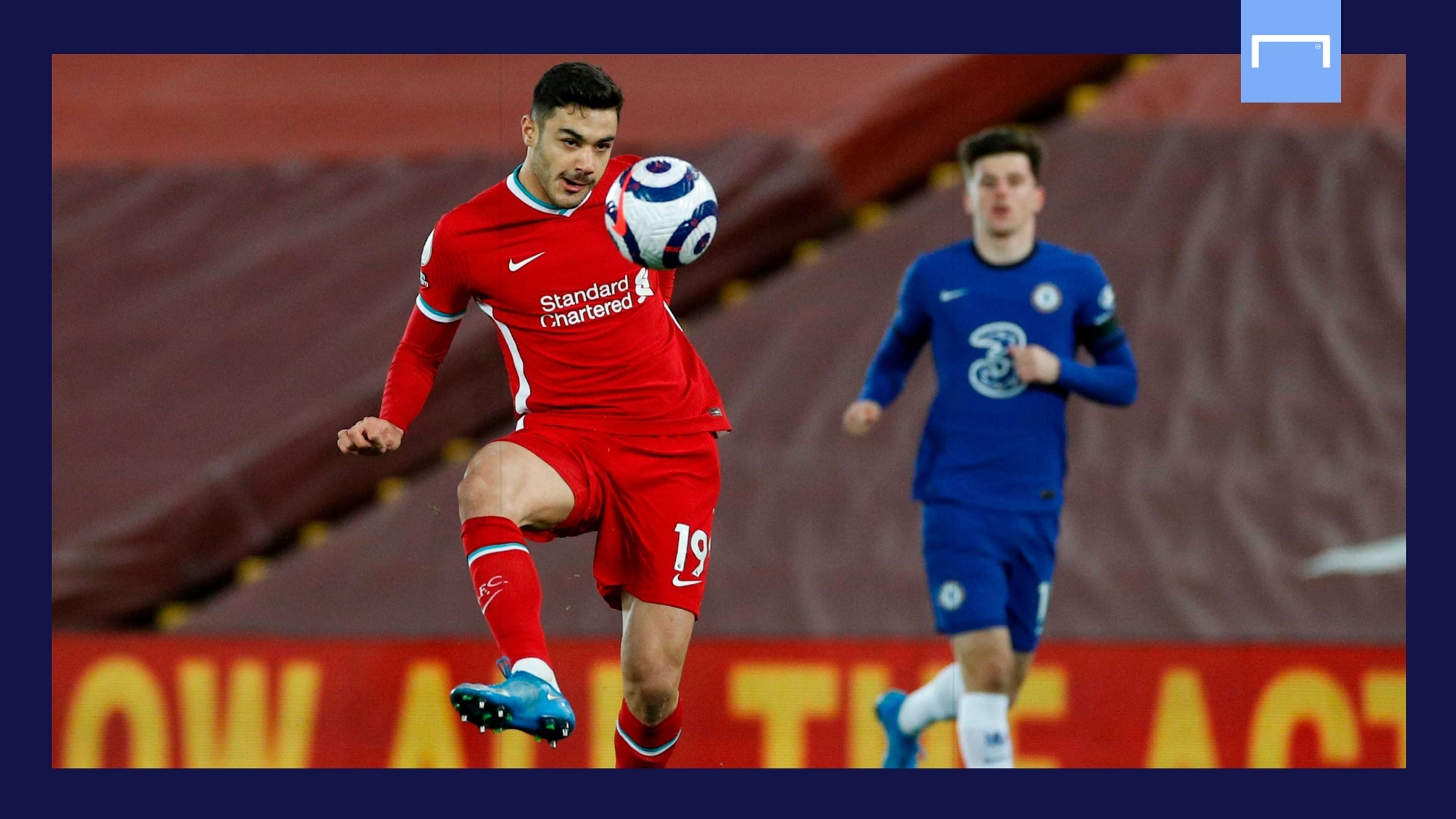 Getty/Goal
Getty/Goal
However, if a club won't – or perhaps more likely can't – continue to cover a player's wages, what then? Will a player agree to drop their wage demands in order to secure a transfer?
"Naturally, as a player, you aim to make progress when you move from one club to another," our anonymous agent explains.
"In life in general, when you leave one job for another, it's usually for a better salary or a role with more responsibility and, therefore, more money.
"So, players on big wages could be affected, because there won't be many clubs who will be able to pay the sort of money they're presently on."
Deals could break down, then. If players refuse to accept wage cuts, or reduced salaries elsewhere, they'll end up staying at clubs that don't want them. Think Winston Bogarde – just with more money going down the drain.
So, many players will have a big decision to make regarding their wage demands if they want to find a new home. Just look at the predicament Cristiano Ronaldo presently finds himself in.
The forward wants to play in a Champions League-winning Juventus team but his wages are affecting the club's chances to sufficiently strengthen the squad, particularly in midfield. In that sense, a parting of the ways would suit both parties.
But it's not so easy. Juve can't really afford to retain the services of a 36-year-old who is costing them approximately €85m (£73m/$94m) per annum but they would need a transfer fee of around €29m (£25m/$35m) to avoid making a capital loss on the Portuguese
And who will be willing to pay such a price right now? A five-time Ballon d'Or winner could be left in limbo at a team presently 10 points off the top of the Serie A table.
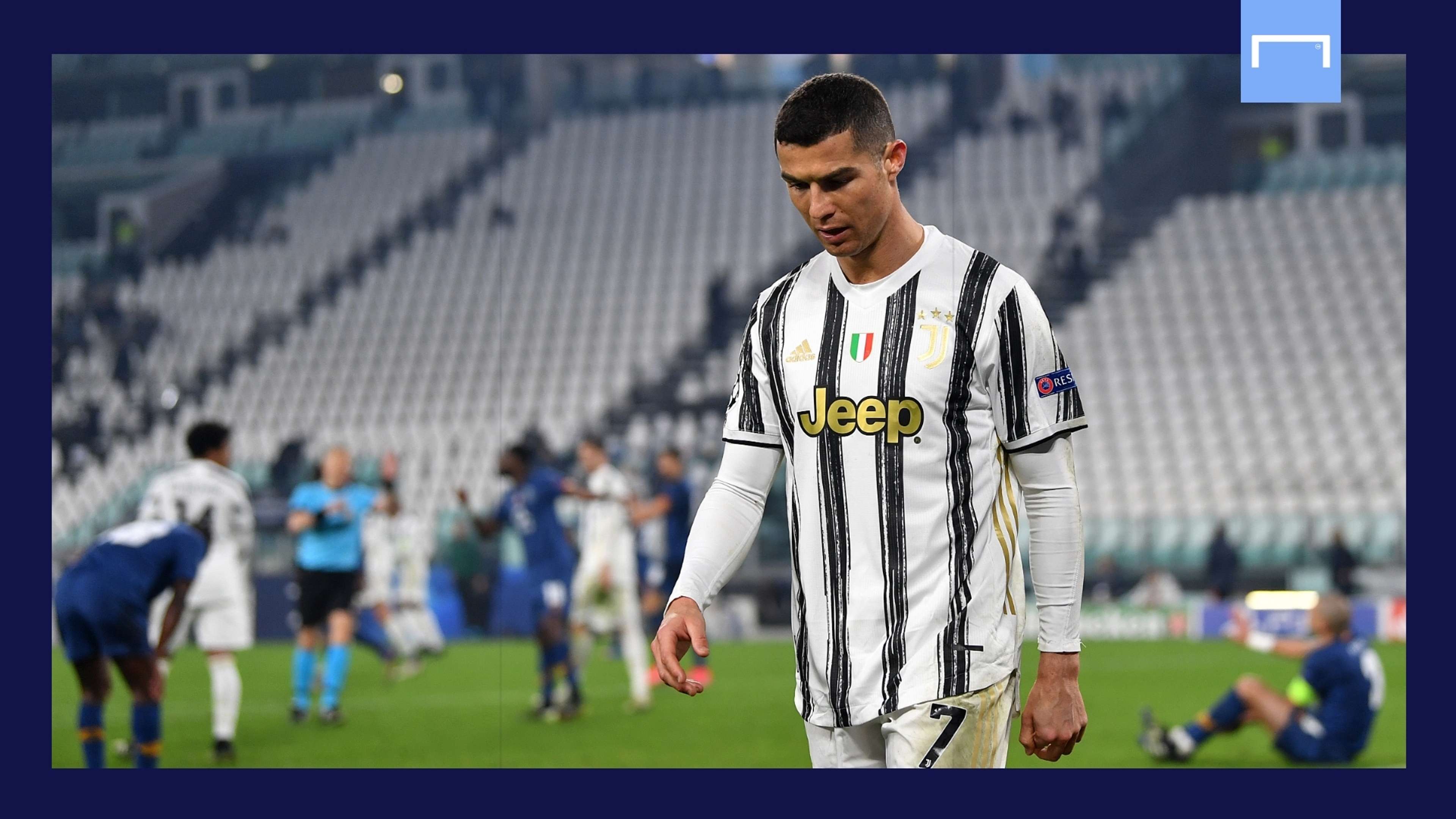 Getty/Goal
Getty/Goal
"It's a really, really complicated situation," Romano acknowledges. "Some top players will be forced to stay with their clubs for another year.
"However, I think that if we're talking about Kylian Mbappe at Paris Saint-Germain or Haaland at Dortmund, their price will be the same. It won't be affected too much by the crisis. If you want to buy these guys, you'll still have to pay big money.
"I think the issue is more medium-level players. Their value will change. Clubs will be forced to change the price for guys like Barcelona's Philippe Coutinho and accept lower bids because they have to lower their wage bills.
"And it's not just Barcelona. Many clubs are facing a difficult situation with salaries here in Italy but also in England. So, that could mean having to accept a big loss on a player. They'll sell them for a smaller fee but at least get the salary off their wage bill."
The hope must be, though, that clubs will take a long, hard look at how they have ended up in this position. Nobody could have predicted the pandemic but one did not have to be a financial expert to see that football's business model was fundamentally flawed.
Interestingly, European Club Association (ECA) chairman Andrea Agnelli is already floating radical ideas about reforming the transfer market, obviously with a view to protecting his members' interests, this time by introducing a rule that would prevent Champions League participants from buying players from one another.
But the real question is whether there is any hope of something good coming out of a dreadful situation, whether the pandemic could lead to the creation of a fairer, more financially stable system for everyone.
"At some stage, there has to be a normalisation of the industry, either back towards the situation pre-pandemic, or dealing with things as they are going to be now," Bridge argues. "At the moment, there is too much uncertainty. Nobody really knows when this is going to end.
"So, you want to see progressive change as a result, because then everyone in the game would win, all of its stakeholders.
"You have to think that if football doesn't make changes as a result of the pandemic and to learn from the lessons, it would be a real missed opportunity."
And those clouds over the European game will only get darker.

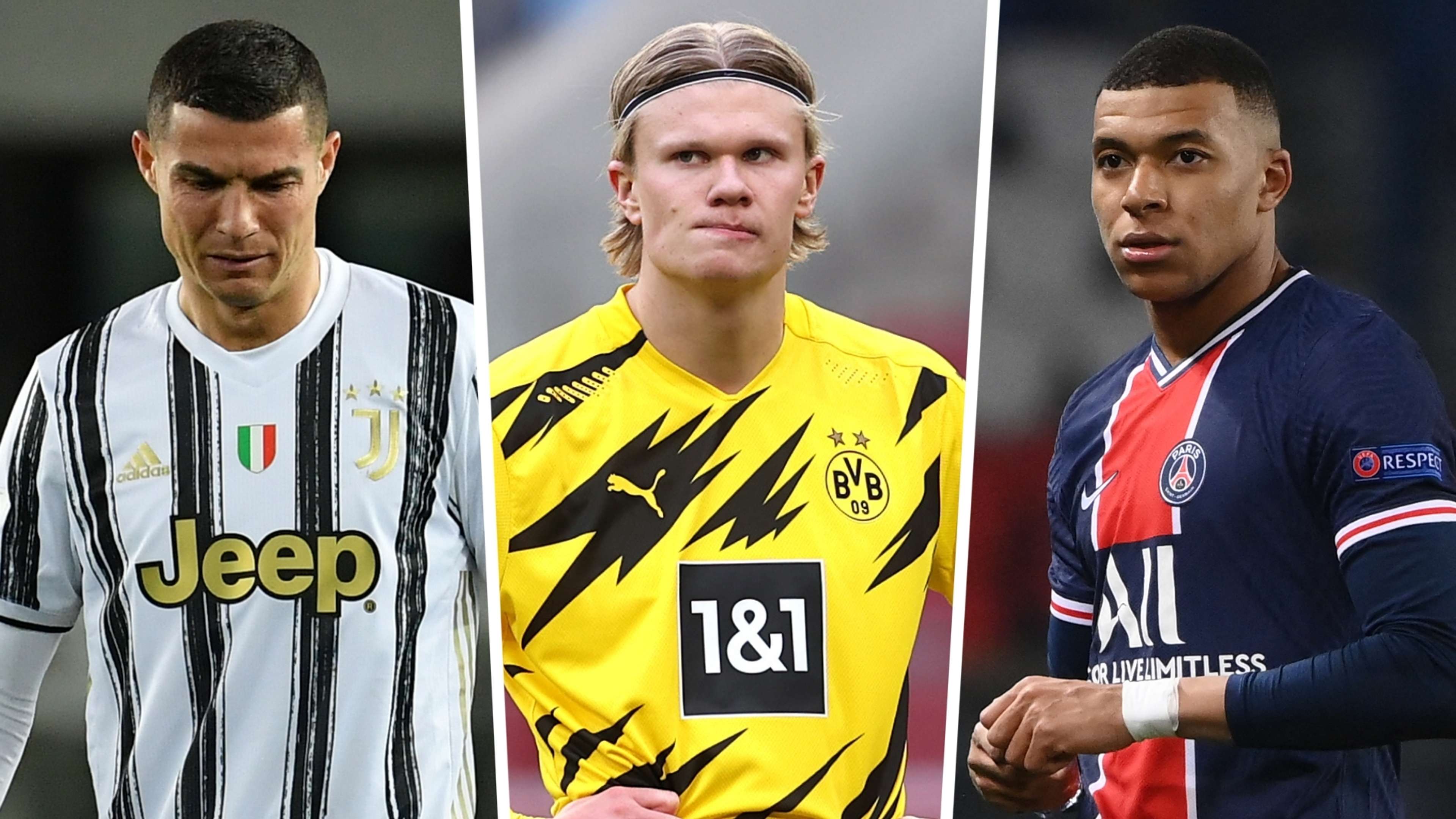
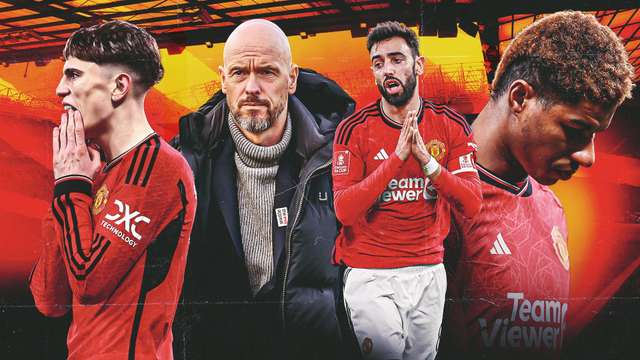
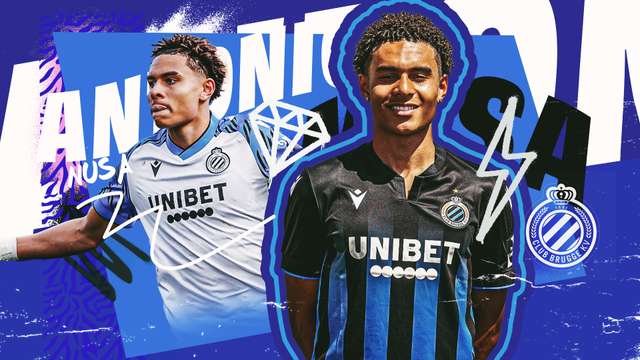
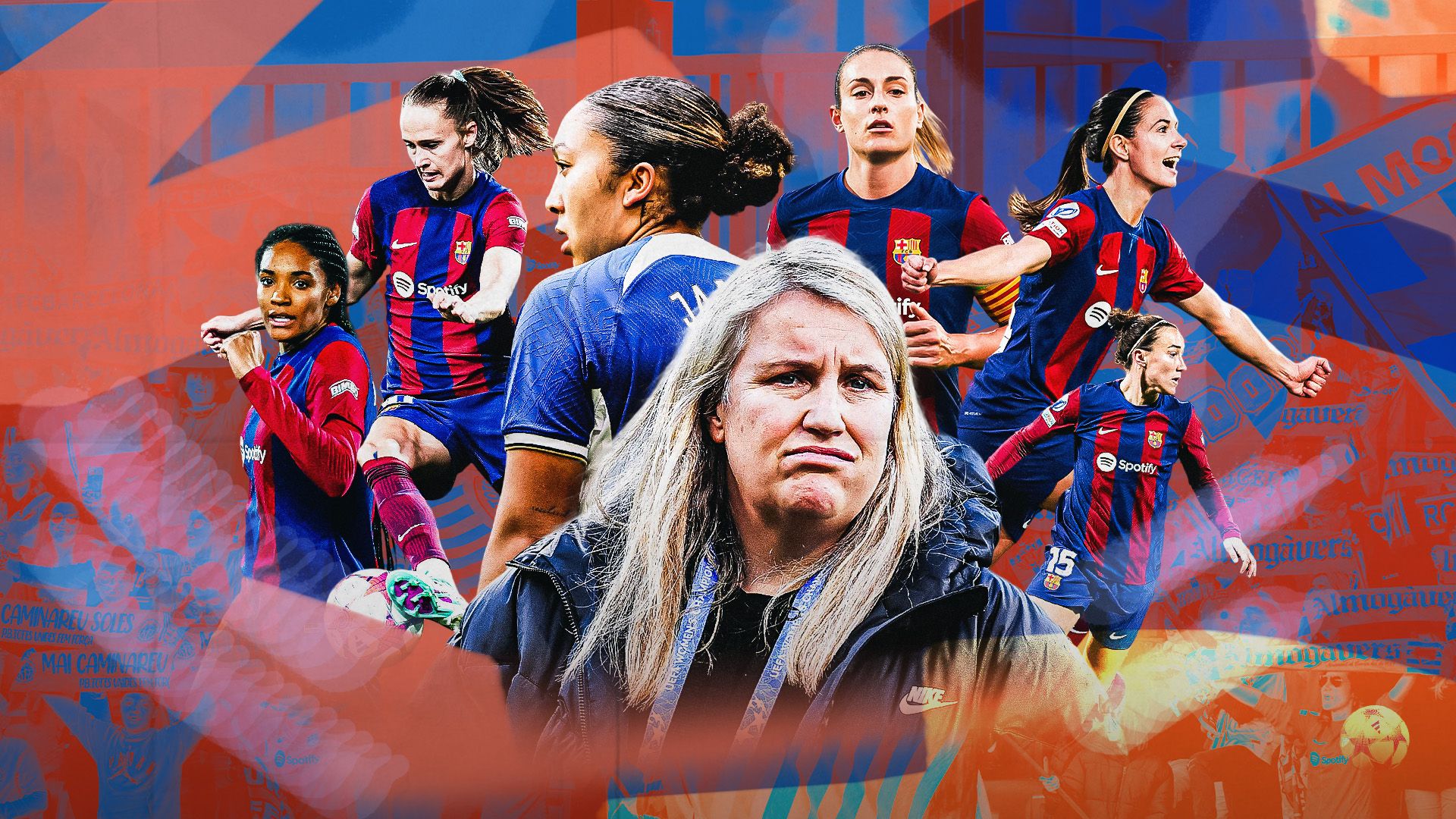.jpg?auto=webp&format=pjpg&width=640&quality=60)
.jpg?auto=webp&format=pjpg&width=640&quality=60)